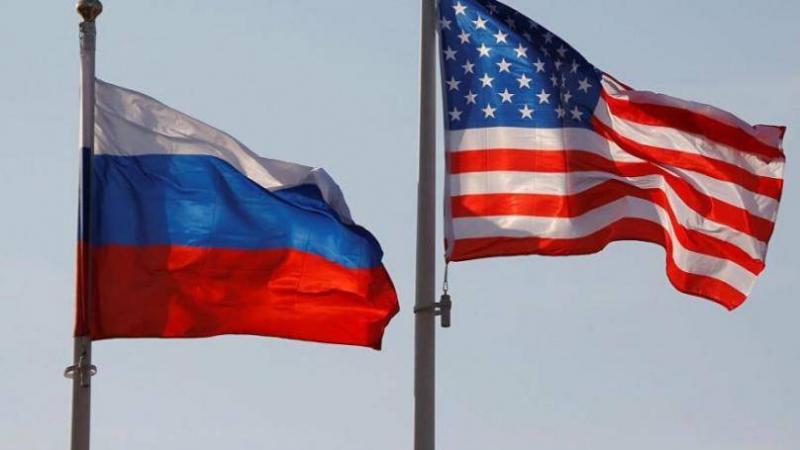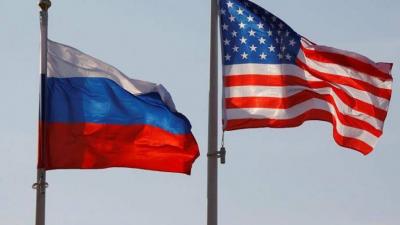It seems that the expanding internal fragmentation has prompted a hasty international mobilization to expedite the crystallization of entitlements, chief among them the election of a president for the country. While Paris is preparing to hold a quadripartite conference, conflicting information has emerged about its timing, with some affirming that it will be held next Monday via Zoom to discuss the presidential entitlement and others stating that the date has yet to be determined. The external atmosphere does not suggest any possible convergence, especially in light of the existing differences and disputes related to the war in Ukraine, particularly between the United States and Russia, and its implications for various international arenas. However, can these two parties meet to find solutions to the Lebanese crisis, and what about the convening of the International Support Group to assist Lebanon?
Ambassador Riyad Tabbara considers that France is the spearhead tasked with crystallizing the entitlements in Lebanon, noting that the priority in Russian-American relations today is the ongoing war in Ukraine. He elaborates in his explanation to "Al-Markaziyah," asserting that Russia's influence in Lebanon is limited, and they do not have a foothold in the Land of the Cedars. Therefore, he dismisses the likelihood of any American benefit in involving the Russians in the Lebanese file.
Regarding the ongoing Russian-American communication between military leaders, Tabbara clarifies that its goal is to regulate the international game and prevent things from escalating, as it is not in the interest of either side to escalate to the point of nuclear weapon use. Despite the differences and disagreements, the Lebanese hope for the two poles to align with Lebanon's interests at any meeting that may be held by the International Support Group for Lebanon, which convened on the eve of the first anniversary of the port explosion. At that time, the group expressed deep concern over the accelerating economic deterioration that has caused significant damage to all segments of Lebanese society, its institutions, and services, and called on the Lebanese authorities to assume their national responsibilities and take all possible steps urgently to improve the living conditions of the Lebanese people.
This reality, as addressed by the group, has become even worse, indeed the worst in modern Lebanese history. Does this necessitate any meeting at the present stage? Ambassador Antoine Chidiac confirms to "Al-Markaziyah" that there is no confirmed information in this regard, even though everything is possible in politics. He believes that the group could meet and approve a number of aids for Lebanon, as nothing prevents it from taking stances that call on the Lebanese authorities to begin reforms to get the aid train moving. Although U.S.-Russian relations are at their lowest levels in terms of communication, they may unify the stance between the two countries within the work group for Lebanon and initiate encouraging steps for Lebanon, but this does not mean that there is U.S.-Russian cooperation for our sake.




